As President Joe Biden gathers his personal affairs from the White House in preparation for his departure, he'll also have to grapple with a huge elephant in the room: whether to pardon his son Hunter.
Ahead of his exit, Biden will at some point meet with Donald Trump, the President-Elect - who appears, at least publicly, to be more amenable to pardoning Hunter than Biden himself is.
While President Biden has tried to quash suggestions he might pardon his son, Trump said in a radio interview in October: "I wouldn't take it off the books."
"See, unlike Joe Biden, despite what they've done to me, where they've gone after me so viciously ... And Hunter's a bad boy.
"There's no question about it. He's been a bad boy," Trump added. "But I happen to think it's very bad for our country."
Whether Trump is feeling magnanimous after his resounding presidential victory remains to be seen.
The two presidents' already-tense relationship was further strained after the 2020 presidential race, when Biden eked out a win.
Trump has frequently launched attacks against Biden, as well as Hunter, whose criminal investigations became a media fixture and gift for the Republican Party.
But Trump has said he would consider a pardon for Hunter, who was convicted earlier this year on felony tax fraud and firearm charges.

Biden pardoning his son himself on his way out of the Oval Office would carry risk for his party.
A pardon could invite a political backlash that would create a new headache for Democrats already grappling with a stunning election loss, fueled in part by the incumbent president's unpopularity.
White House Press Secretary Karine Jean-Pierre has poured further cold water on the idea, telling reporters on Thursday that Biden does not plan to pardon his son: "Our answer stands, which is no," reported The Washington Post.
When former Presidents Bill Clinton and Gerald Ford issued pardons, they took considerable political risks.
Clinton famously granted 140 pardons on January 20, 2001, his final day in office, and was forced to defend himself against a fierce backlash and accusations of impropriety. He drew particular ire for his pardoning of Marc Rich, a financier convicted on various federal charges - and whose ex-wife had made political donations and gifts to the Clinton library foundation. Clinton strongly denied that the donations informed his decision.
Ford pardoned the disgraced former president Richard Nixon, the first and only president in history to have resigned the office. Ford would be dogged by claims he had a quid pro quo arrangement with Nixon: that he had secured Nixon's resignation with the promise of a pardon.
In December Biden will be in the final weeks of his presidency when Hunter faces sentencing - the culmination of dramatic court actions that saw the president's son convicted by a jury on gun charges and a guilty plea in September to federal tax charges.
The president has offered few public comments about Hunter's legal woes, apparently keen to avoid claims of a conflict of interest that could compromise investigations into his son's actions. Publicly, he has also remained tight-lipped abut Attorney General Merrick Garland, who intensified the investigation into Hunter by appointing a special counsel to oversee it.
Meanwhile, Biden's critics happily hammered away, seizing on the lawsuits to make political capital.
President Biden has offered few public comments about Hunter Biden's legal woes, as he seeks to avoid an apparent conflict of interest that could compromise the investigation. He has avoided disparaging the investigations or Attorney General Merrick Garland, who appointed a special prosecutor to oversee the cases.
However Biden has also said he would not consider pardoning Hunter Biden, telling ABC News' David Muirin June that Hunter Biden received a fair trial and that a pardon wouldn't be on the table. At the G7 summit in Italy, Biden again said he wasn't planning on pardoning Hunter.
"I am not going to do anything. I will abide by the jury's decision," he said.
But his public comments are in contrast to what author and journalist Bob Woodward reported his true feelings to be about the legal cases surrounding his son.
Woodward wrote in his latest book War that the president privately has been more critical of the investigations, and has admitted that he regrets appointing Attorney General Merrick Garland over his decision to appoint a special counsel to investigate the tax and gun charges.
"Should never have picked Garland," Biden said, reported the Associated Press.
If Biden were still a candidate for office, pardoning his son would likely ignite a political firestorm, as controversial pardons have done for presidents in the past. The backlash could put other Democrats in a very uncomfortable decision.
But it would still likely be Biden himself to take the brunt of the criticism. And with his political career coming to a close, some believe he may still be willing to take that flak to spare his son a prison sentence.
Woodward cast further doubt on the Biden saying he would not consider pardoning Hunter in a recent interview on The Late Night With Stephen Colbert.
"He has said he would not pardon him...Quite frankly, I know enough about Biden. I don't believe that. I think he will pardon his son," Woodward said.
Former federal prosecutor Neama Rahmani also told Newsweek that Biden may end up pardoning Hunter despite his previous statements to the contrary.
Indeed, the possibility of a post-election pardon may be the very reason Hunter Biden pleaded guilty, rather than trying to work out a plea bargain, he suggested.
"Now that President Joe Biden is not running for reelection, I expect him to pardon Hunter or commute his sentence on the way out. There is nothing preventing President Biden from doing so and he has nothing to lose politically," Rahmani said.
Newsweek reached out to the White House for comment via email.
The firearm charges Hunter was found guilty of carry a maximum sentencing of 25 years in prison, while the tax charges carry a 17 year maximum. However, the Justice Department notes that actual sentences are typically shorter in federal cases, so it's still unclear about how severe a sentence Hunter Biden will ultimately face.
Biden could seek to history to learn how a controversial pardon may play out.
In 1974, former President Gerald Ford pardoned his predecessor Richard Nixon for any crimes he may have committed while president. It came after the Watergate scandal, when Republican operatives broke into the Democratic National Committee office in the Watergate Hotel in Washington, D.C. A Washington Post probe, reported in part by Woodward, linked the break-in to Nixon.
Ford pardoned Nixon because he felt it was in the best interest of the nation to move on from the scandal, but he never quite escaped the political backlash. A 1974 Gallup poll showed that 53 percent of Americans disapproved of the pardon, while only 38 percent believed it was the right thing to do. Ford's popularity dipped following the decision to pardon Nixon, and he lost the 1976 election to Democrat Jimmy Carter.
Former President Bill Clinton also sparked controversy after pardoning Marc Rich, a businessman charged with tax fraud for allegedly not paying $48 million in taxes and being a fugitive from justice after fleeing the U.S. during his prosecution. Clinton faced criticism over the pardon because his ex-wife had made political donations to the Democratic Party and Hillary Clinton's 2000 Senate campaign.
Then-Representative Barney Frank, a Democrat and Clinton ally, lamented the pardon, according to a Brookings Institute report. He said, "It was a real betrayal by Bill Clinton of all who had been strongly supportive of him to do something this unjustified. It was contemptuous."
The pardon sparked an investigation into Clinton. He was ultimately cleared of any wrongdoing, but critics still view the pardon as one of the most consequential pardons in U.S. history. The backlash followed the Clintons all the way to Hillary's 2016 presidential campaign, in which she famously lost to Trump.




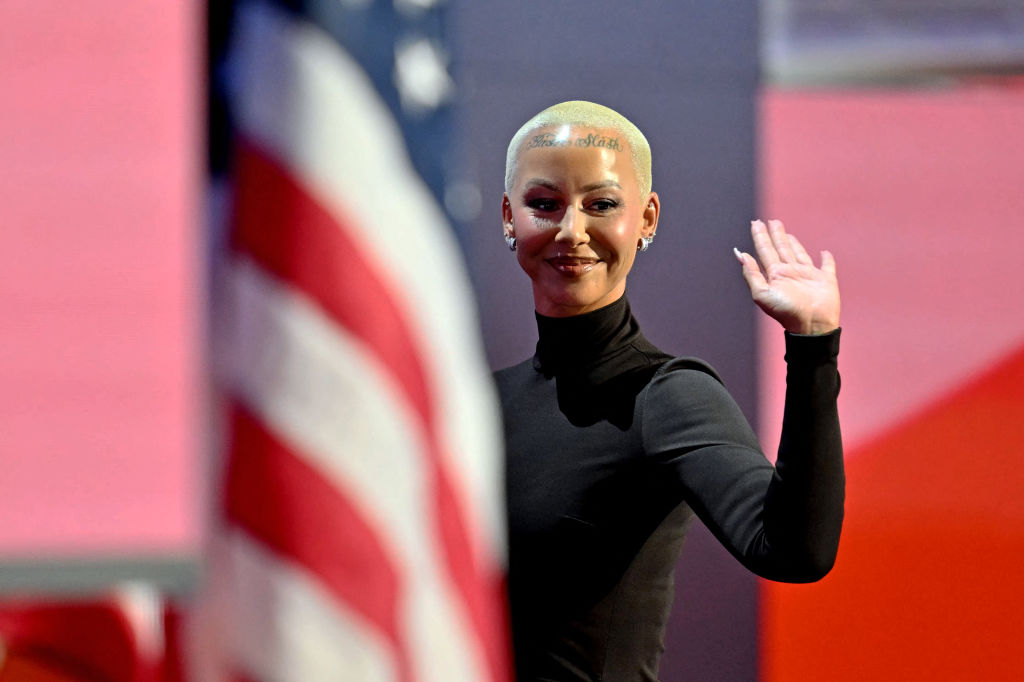

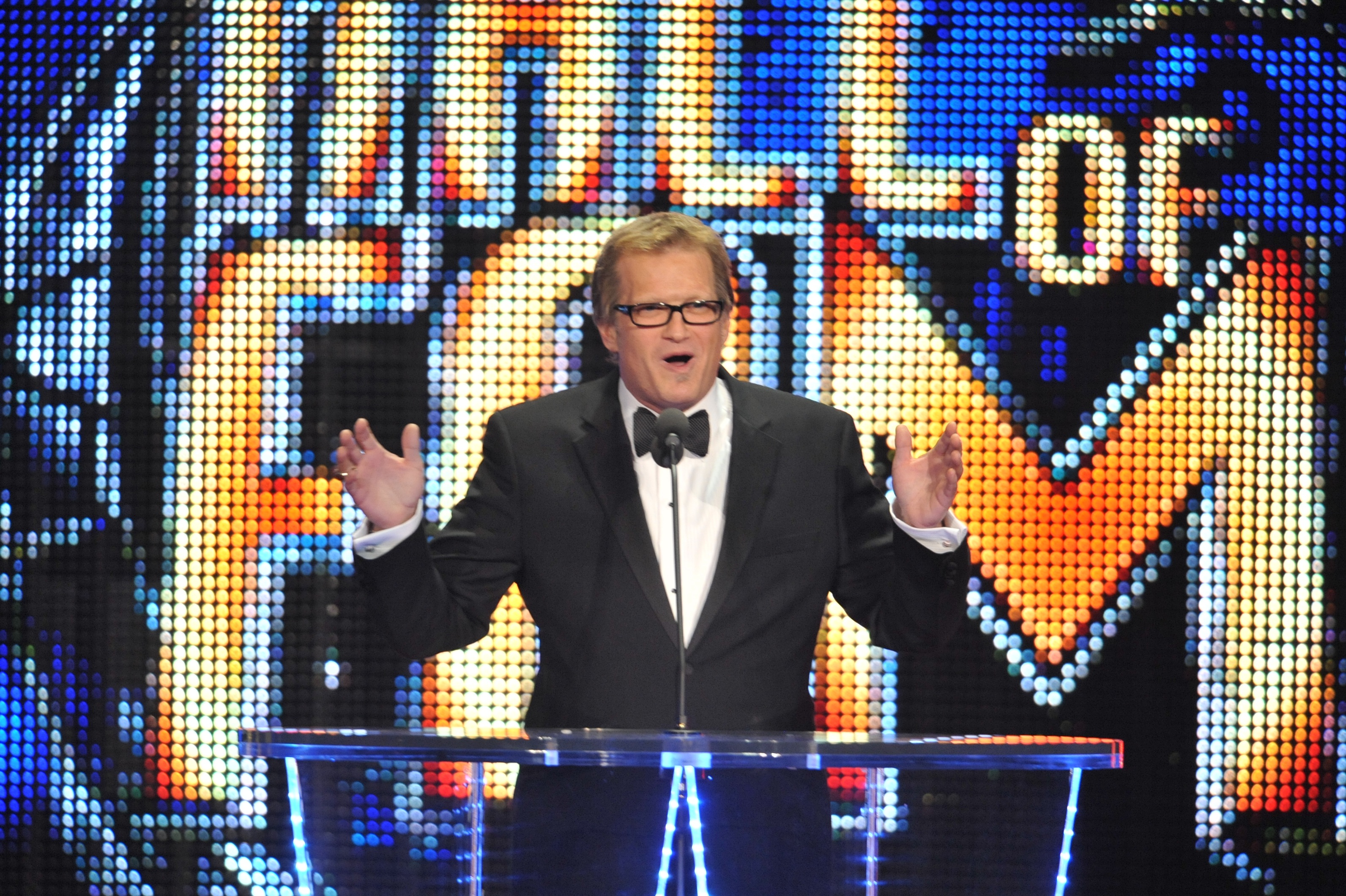
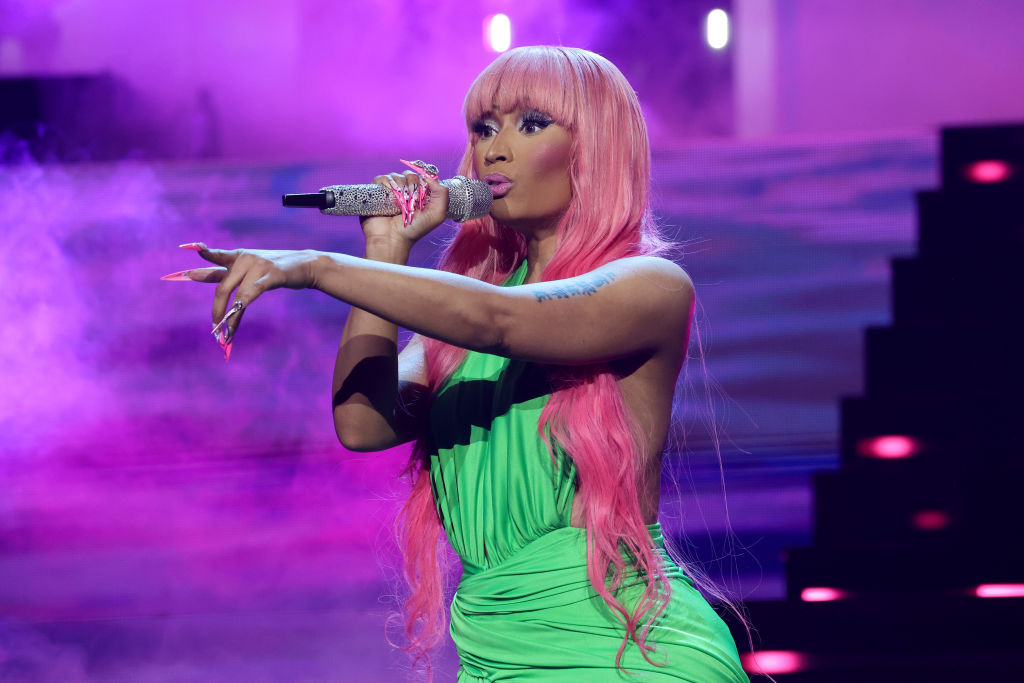
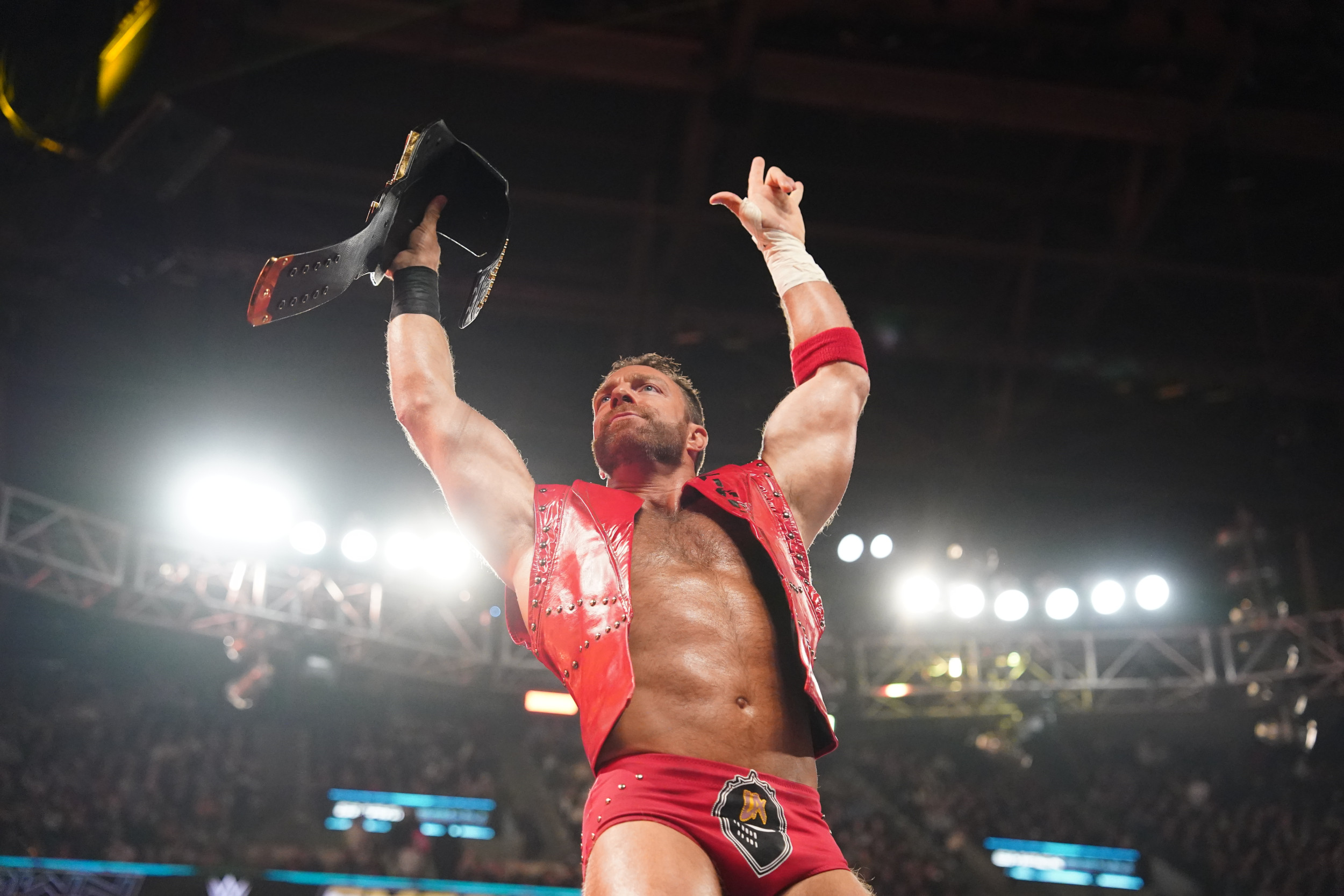


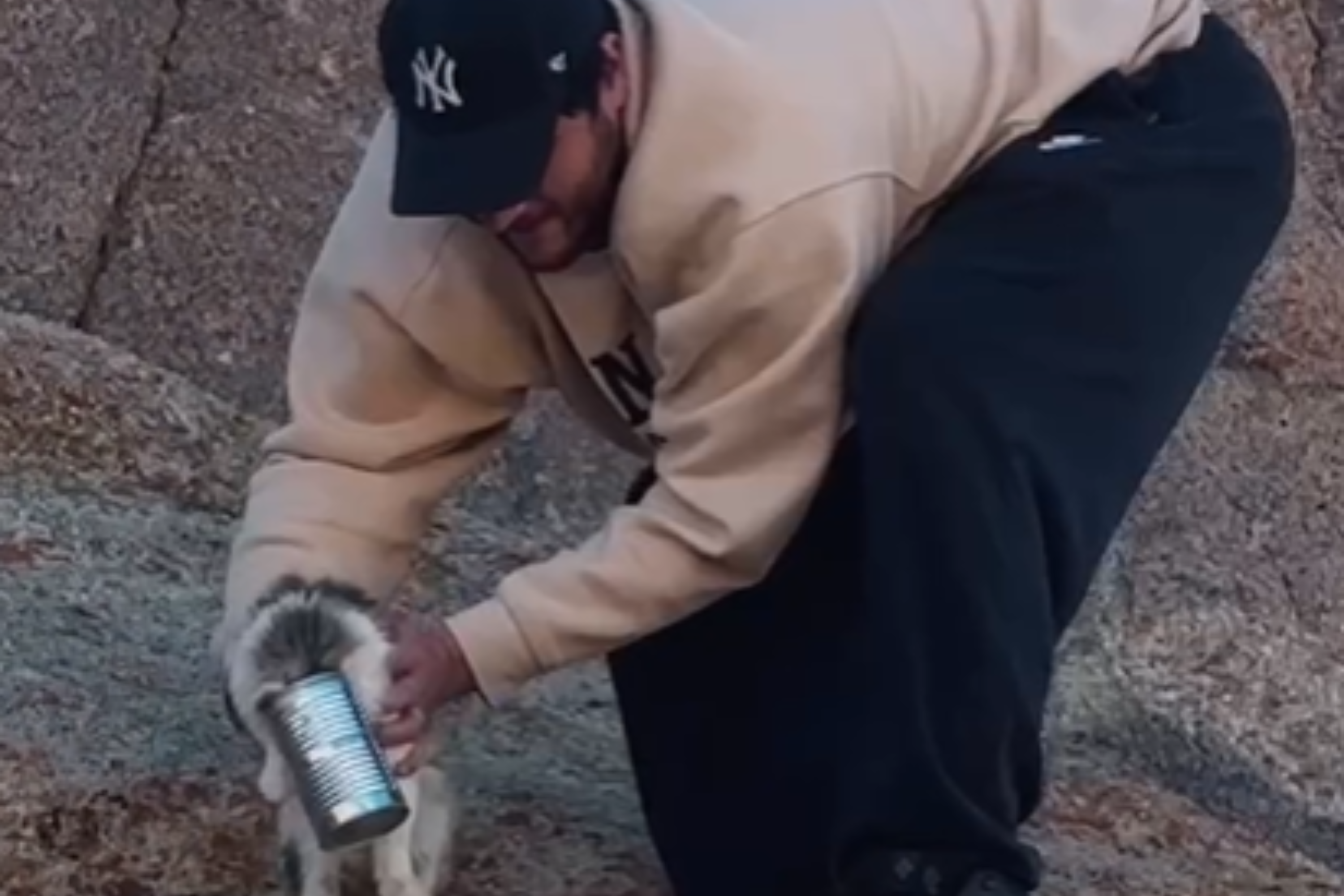








 English (US) ·
English (US) ·